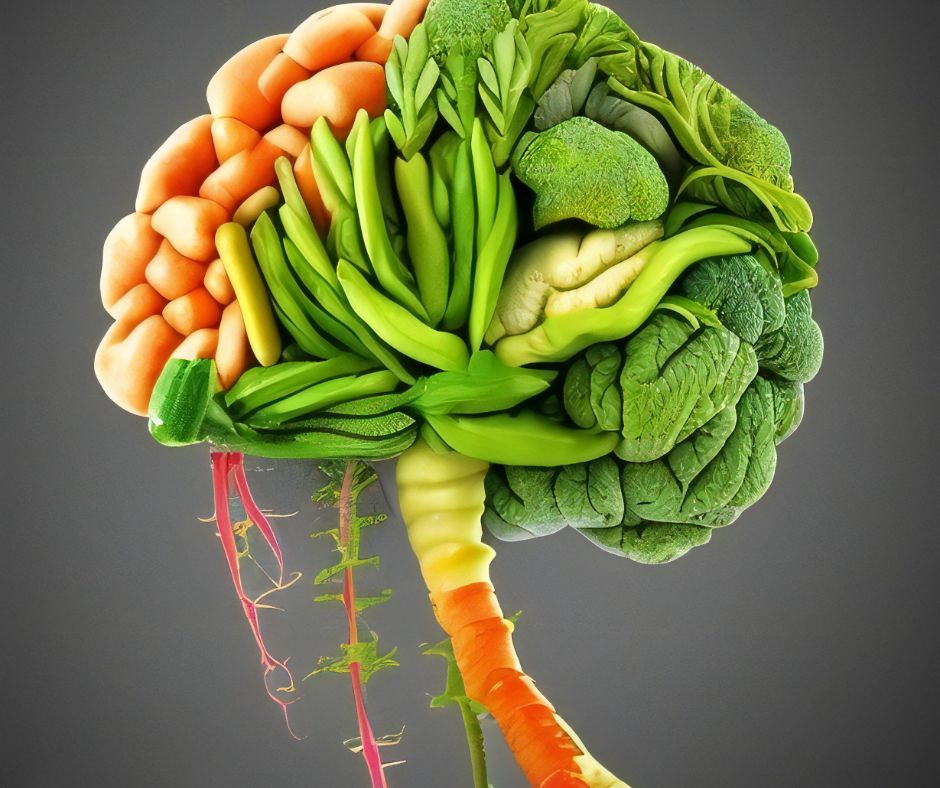The Gut-Brain Link
29th Sep 2024
What you eat directly impacts your gut health and, consequently, your brain function. The relationship between your digestive system and brain, known as the gut-brain axis, is a complex communication network that links the emotional and cognitive centres of the brain with intestinal functions.
Research shows that the gut microbiome, the community of bacteria living in your intestines, plays a critical role in this connection. A healthy gut can improve mood, cognitive function, and mental health. For example, serotonin, the happy hormone, is predominantly produced in the gut. Thus, a balanced and healthy gut can contribute to a more stable mood.
Foods rich in fibre, fruits and vegetables provide the necessary nutrients to maintain a healthy gut microbiome. Probiotics and prebiotics, found in foods like yoghurt and fermented products, are essential for this process.
Conversely, a poor diet can lead to an imbalance in gut bacteria, potentially causing issues such as depression and anxiety. High-sugar and high-fat diets can promote the growth of harmful bacteria, which can trigger inflammation in the gut. This inflammation can adversely affect brain health, contributing to mental health disorders.
When the gut barrier becomes permeable, often called 'leaky gut,' it allows toxins and bacteria to enter the bloodstream, potentially reaching the brain and causing inflammation there. This connection underscores the importance of a diet that reduces inflammation, such as one rich in omega-3 fatty acids, antioxidants, and other anti-inflammatory compounds.
Research shows that gut health is linked to conditions such as Alzheimer's disease and autism. Studies have found that people with Alzheimer's often have different gut microbiomes to healthy individuals. There is also growing evidence that gut health may influence the symptoms and progression of autism spectrum disorders.
Managing stress levels is crucial for gut and brain health. Stress is known to affect the gut microbiome, leading to changes in the composition and function of gut bacteria. Techniques such as mindfulness, meditation, and regular physical activity can help manage stress, supporting a healthy gut-brain axis.
Nurturing your gut-brain connection can improve your mood, cognitive function, and overall mental health. A balanced diet rich in fibre, fruits, and vegetables, including probiotics and prebiotics, plus managing stress through mindfulness and physical activity supports this vital gut-brain connection, paving the way for a healthier mind and body.
Don't let this pass you by. Healthy-up your brain and reap the benefits.
Do browse our Nutritional Healing course.
Copyright © 2024 Brenda Martin





